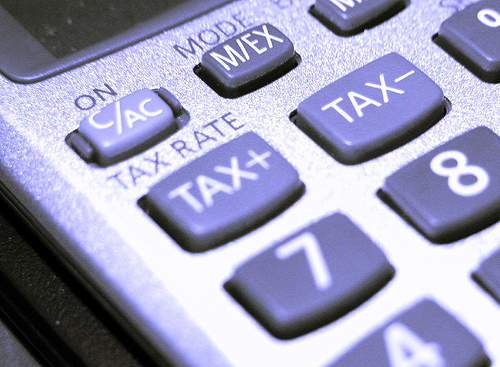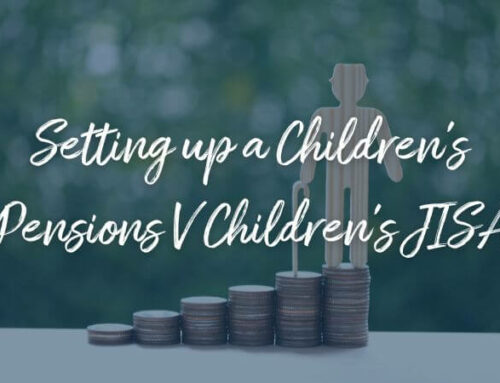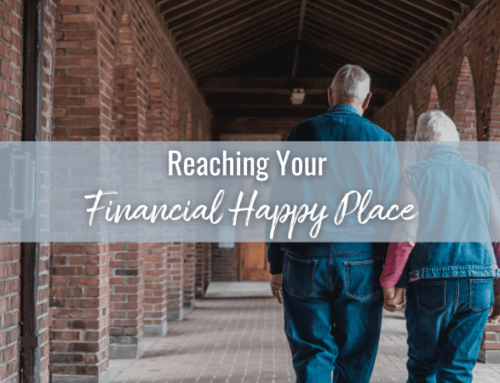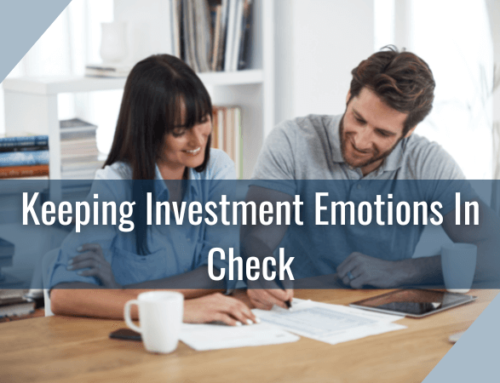THE NEW DIVIDEND TAX
Are you thinking about dividend investing or do you have dividends? Following an announcement in the Summer Budget, the taxation of dividends is set to change from April 2016.
Under the current system, dividends carry a 10% tax credit, meaning that basic-rate tax payers have no further liability for income tax, while higher-rate and additional-rate taxpayers see their liability reduced to 25% and 30.56% respectively.
THE NEW RULES
As a result of the changes announced about dividend investing, investors will have a tax-free dividend income allowance of £5,000. After this limit has been used up, any further dividends will be taxed at 7.5% for basic rate taxpayers, 32.5% for higher-rate taxpayers and 38.1% for additional-rate taxpayers. If your dividend income takes you into the next income tax band, you will pay the higher dividend rate on that portion of the dividend income.
The Government says that as far as ordinary investors are concerned, those receiving modest dividend income from company shares should see no change in their tax liability; some may even find themselves paying less tax. Non-taxpayers will see no change, and neither will basic rate tax-payers with dividend income under £5,000.
Where the changes will be felt by basic-rate taxpayers is when their dividend income that’s not generated within a tax wrapper such as an ISA exceeds £5,000; under the new rules it will be taxed at 7.5%. Other clear winners are those higher and additional rate taxpayers who receive dividend income of less than £5,000; they will receive their income with no further liability to income tax.
WAYS TO REDUCE DIVIDEND TAX
- There are ways of reducing the amount of dividend tax payable:
- Married couples can look at equalising their portfolios so that they each make full use of each spouse’s £5,000 allowance,
- Using tax-efficient savings vehicles,
- Make the most of your annual ISA limit (£15,240 for tax year 2015/16) and get the benefit of tax-free dividends and no capital gains tax,
- Think about topping up your pension. Self-invested personal pensions benefit from tax-free dividends.
Do you require financial advice? Paul Clifford is a financial advisor based in Eastbourne, East Sussex often serving Lewes, Bexhill, Hastings, Newhaven, Seaford, Uckfield and Crowborough. Offering pension advice, investment advice, mortgage advice and more.
Please contact us for any questions you may have.






